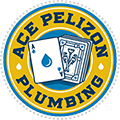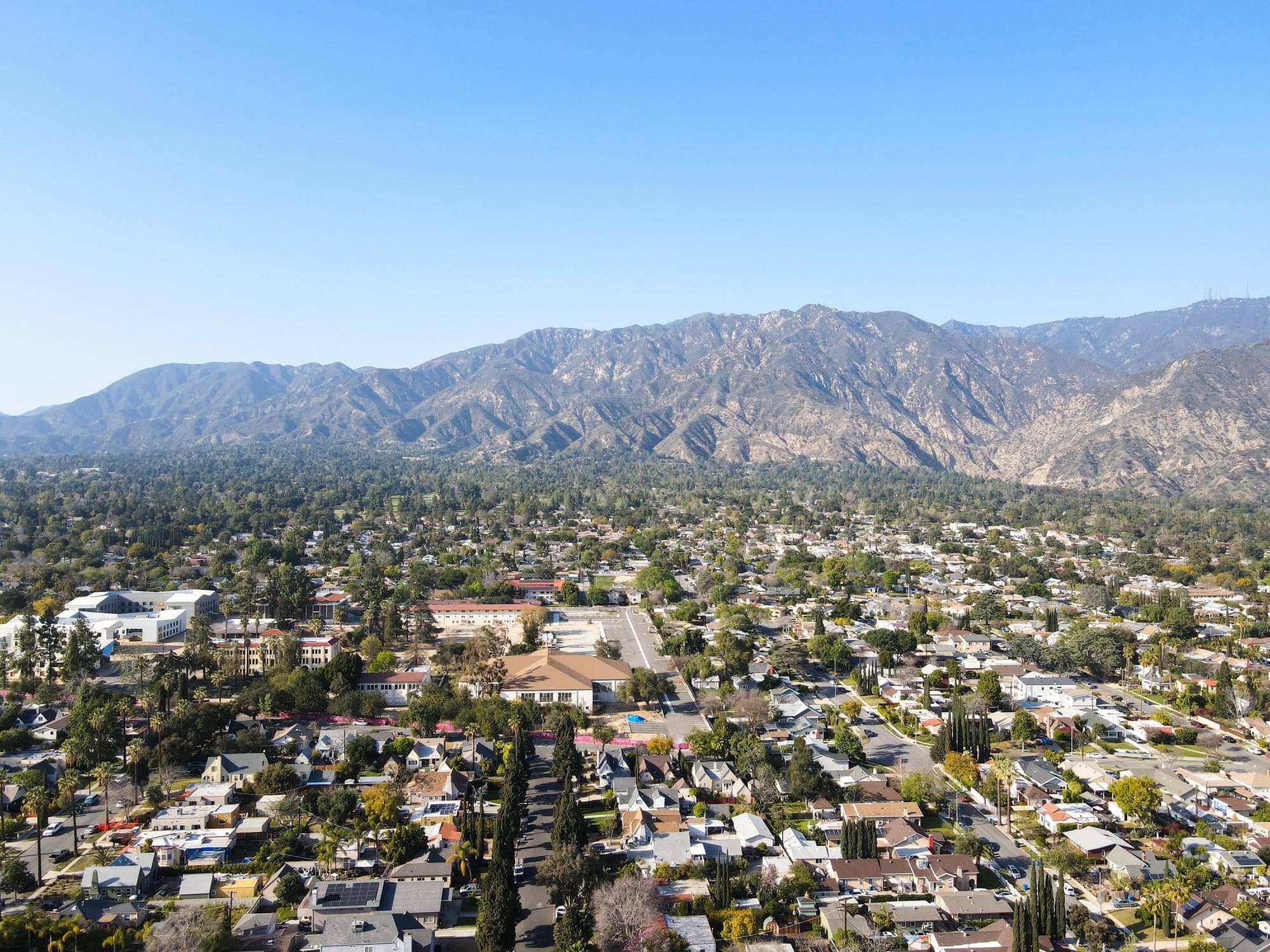A clogged bathroom sink can disrupt your morning routine. A clogged kitchen sink can make preparing dinner a frustrating task. Stop those annoying plumbing problems before they happen in your Covina home by understanding how clogs occur. The main culprits are grease, hair, and food.
Hydrophobic and Hydrophyllic
In the world of chemistry, substances that dissolve in water are hydrophyllic. Salt and sugar are the most obvious examples. Substances that don’t dissolve in water, such as grease, oil, and organic solvents, are hydrophobic. They will quickly cling to any available surface that allows them to separate from water. Grease and oil from different sources will clump together rather mix with water.
When grease and oil are poured down a sink, they coat the inside of the drain pipe. Water will not remove them. Soaps and detergents are effective cleaners because they have both hydrophobic and hydrophyllic properties. They can pull some of the grease and oil away from the walls of the drain and into the water, but the base layer of grease stuck to the pipe will not move. Over time, the grease stuck inside the drain accumulates. Hair and food debris gets caught in the grease. Eventually, the clot becomes large enough to stop the water from moving. No matter how much water you flush down the drain, the grease clot stays put.
Hair and Food
We all know we’re not supposed to flush things down the drain, but when we use a bathroom sink for routine grooming, it’s almost impossible to prevent an occasional hair from falling into the drain. When cleaning the dishes after meals, a small amount of food waste inevitably makes its way into the kitchen sink drain.
Over time, the strands of hair and bits of food accumulate in the U-shaped portion of the drain called the trap. Once an object becomes snagged inside the trap, it becomes an anchor for other objects to grab hold of. A clot of hair, food particles, and other debris slowly accumulates.
Preventing Clogs
Most Covina homeowners know that cooking grease should never be poured down a sink. But they may not realize that many foods, even lean foods like chicken or fish, give off small amounts of grease or fat when they cook. Scraps of food ground up in the garbage disposal can release grease that clings to the walls of the drain. For any busy kitchen, it’s nearly impossible to prevent some grease or oil from making its way into the drain. To help prevent a grease build up in the kitchen sink, add some dish detergent whenever you put cooking liquid, food scraps, or plate scrapings into the sink. Follow up with lots of hot water. For bathroom sinks, when you see a hair fall into the sink, try to wipe it away with tissue before it slides down the drain. And if you sink does clog, don’t hesitate to call your local Covina plumber Ace Pelizon Plumbing!



